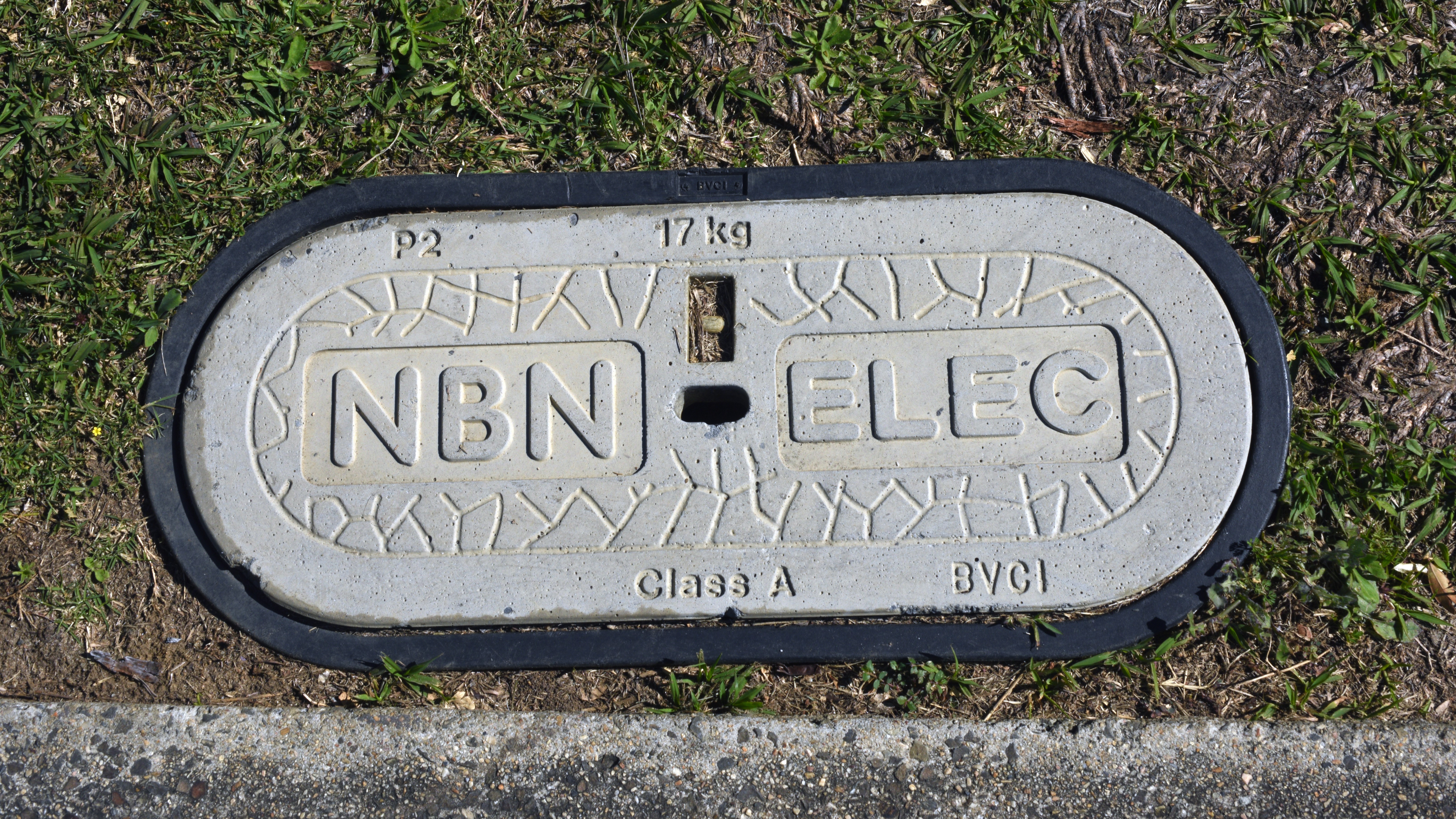Consumers can expect to pay more for the NBN in the next four years.
That's according to the Australian Competition & Consumer Commission (ACCC) which has released a draft report on the state of the Australian communications sector.
The 190-page document details the evolution of the Australian communications industry, and gives 29 recommendations on a range of competition and consumer issues.
The ACCC considered 64 submissions and over 1000 responses to a questionnaire to gain further insight into the industry, with key findings centring on the problematic rollout of the National Broadband Network (NBN).
“The roll-out of the NBN is a major investment in communications infrastructure and is having a significant impact on the Australian communications sector,” the report states.
“A number of competition and consumer issues related to the NBN transition have emerged and require immediate measures to resolve on the part of both retail service providers and NBN Co, some of which are already underway.”
Pricing emerged as a key concern to the vitality of the NBN.
The report explained that while the NBN pricing framework was created to encourage take-up and usage to generate revenue sufficient to recover investment costs, there is already a gap between the amount needed to recover costs and the revenue generated.
As it stands, the average revenue per user generated for the NBN Co is $43 per month.
This must progressively increase to $52 per month by 2021 in order to recover costs.
It recommended that the NBN Co improve access to its wholesale network for smaller providers, as a way to lower prices and increase uptake.
“The market study has considered options to promote the wholesale aggregation market while it is still developing,” it said.
“These options include potential action by NBN Co to provide transitional products or pricing measures during the rollout period to facilitate the entry of smaller or niche service providers.”
Advertisers face greater responsibility.
Also of concern was transparency surrounding advertised speeds of the NBN.
The report found that service providers were not presenting complete and accurate information to consumers about expected speeds and performance issues.
“We consider the issue of consumer dissatisfaction with the speed of their NBN service can be addressed directly through the provision of improved retail plan information on speeds that supports consumers in making their purchase decisions, and through retailers ensuring their retail NBN services typically operate in the manner advertised.”
The report recommends retail service providers better advertise speeds for NBN networks, by identifying typical minimum speeds during peak periods.
Upon releasing the report, the ACCC also announced it would launch a Broadband Performance Monitoring and Reporting program, to independently monitor broadband speeds and give consumers reliable information.
“A key issue the ACCC examined closely is the experience of consumers with slower-than-expected internet speeds, including NBN Co’s pricing of the services it provides to RSPs,” said ACCC Chairman Rod Sims.
“While we think it’s great that consumers have a wide choice of plans, we want to ensure they have accurate information and tools to help them understand how to choose the best service for their needs.
“Where appropriate we’ll be following up with enforcement action to address serious or systemic failures in advertising.”










